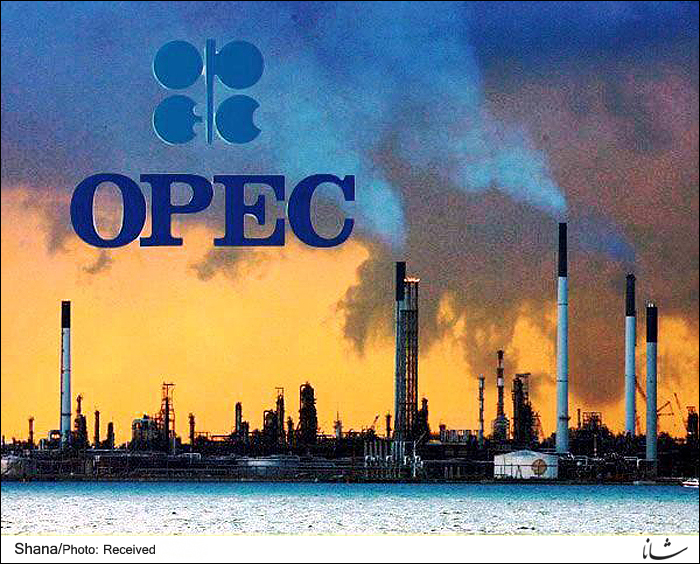Per the agreement, the OPEC members will reduce their production by 700,000 barrels per day but Iran will be exempted from the rule: Iran will continue to rise its output. The highest volume of cut plan in the OPEC belongs to Saudi Arabia. This shows remarkable victory of Iranian oil diplomacy versus Saudis' withdrawal.
Saudi Arabia had already claimed that it will be ready to downsize its production just on condition that Iran's production stops growing. However, OPEC's Algeria meeting's decision showed that Saudi Arabia had retreated from its former stances and admitted to production plummeting despite the fact that Iran, Libya and Nigeria will continue production without any ceiling.
Saudi Arabia, producing more than 10 million barrels per day oil, will reserve highest share in OPEC production cut. Libya's oil production has drastically declined due to crisis in the country after Ghadhafi collapse. Principally, the country produces the very least amount of oil and its output has not much effect on the market. Nigeria also does not intend to cut its output but will not increase its production meanwhile.
Undoubtedly, this means a great victory for Iran because in case of oil production fall of OPEC and in more real sense of the word, fall of Saudi output, it will be Iran to sell more oil more easily than the past and consequently its oil production will increase. Primarily, the amount of production and export and share of any country in the oil market production and exports and specification of the price for all fall in the second degree of importance. Oil battle of Saudis with Iran today will significantly focus on competition on more share in the export market and the price of the substance will attain secondary importance.
The result of the 171st OPEC meeting also showed that Iranian Minister of Petroleum Bijan Zangeneh was decisive to follow the plan to restore the pre-sanction oil production level and will not contribute to any plan to stabilize oil production. The valuable role of the wise strategy of Ministry of Petroleum, Zangeneh's specially, cannot be taken for granted. Under present conditions when global equations are in their most complicated status, the oil diplomacy's strategy should be appreciated and prioritized.
Facts and figures show that Iran's oil production in the past three months reached more than 3.6 million barrels per day. This is close to the pre-sanction level. However, Iran has announced that it will bring its production to more than four million barrels per day. Iran's crude output in 2005 stood at 4.2 million barrels per day.
Iran's oil production followed a downward trend due to the sanctions and hit about two to 2.5 million barrels per day up to 2012. However, as President Hassan Rouhani took office in 2013 and following Joint Comprehensive Plan of Action (JCPOA), Iran's oil production and exports continued to rise and it will continue until when the figures touch the pre-sanction level. The reversal to the pre-sanction point, testifies Iran's success and iron will to enforce the government's post-election platform and promises.
By: Ali Khorram, the International Analyst
Translated by Behnaz Hossein Gholipour


Your Comment